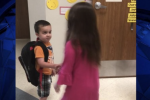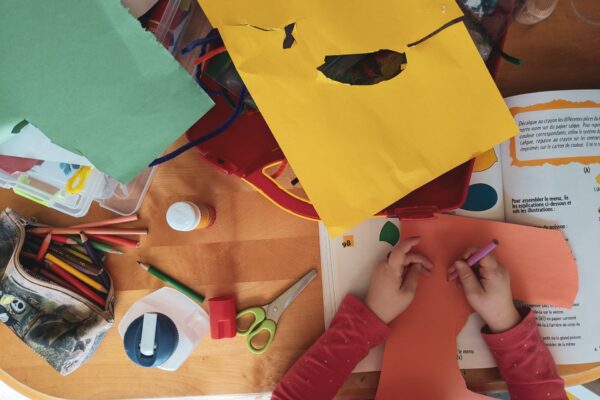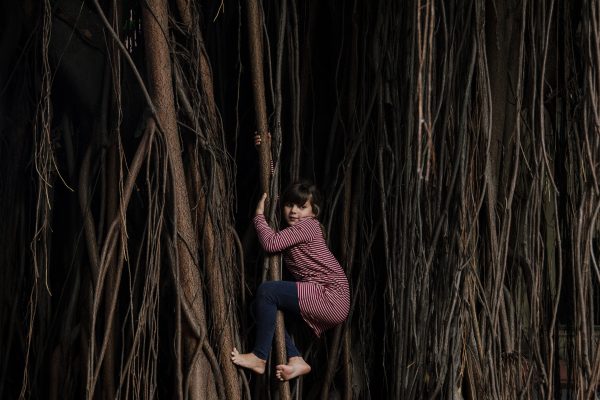When Kids Make “Bad” Friends
One of the major worries parents have as their kids get older is whether or not their kids will make good friends. From their own experience, parents recognize that friends can have such a powerful influence over their kids – for good or for bad. Because of that influence, some parents enter into the trap of trying to control who their kids can have as friends. Once parents enter into a control battle over who they will allow their kids to be friends with, the parents have waged an unwinnable war that usually creates casualties on both sides and leaves the parent-child relationship strained if not broken.
Many of us know parents who have waged this war only to find that it fuels their kids’ desire to spend time with the kids who worry the parents the most. These parents say to their kids, “I do not want you to hang out with that kid. only get you into trouble. ”
When parents question or criticize their kids’ ability to choose good friends, the message they send their kids is, “You have poor judgment and faulty thinking if you choose those kids as your friends” or, “you can not make good decisions on your own so you will probably just follow what everyone else is doing and get into trouble. ”
Why do good, healthy kids from stable homes make friends with wild kids? Kids sometimes choose to make friends with those who walk on the wild side because they want adventure and excitement and wild kids create adventure and excitement. Just because our kids make friends with kids who walk the wild side, it does not necessarily mean they will become like them; especially if we have given them opportunities to make plenty of mistakes and, with sadness and empathy, allowed them to feel the consequences for those mistakes.
Even though parents may feel a lot of anxiety over the choice of friends and their children make, parents can do a lot to help their kids learn to make good decisions regarding friends and what they will do with those friends. As parents use opportunities to teach their kids, rather than restrain them, their children will be better prepared for when they push off and sail into the real world.
Here are some tips that parents can consider if they feel their kids are starting to make “the wrong kind of friends”:
– Parents can refuse from calling their kids’ friends “bad.” Since most people are not all bad, parents tend to lose credibility with their kids by calling their child’s friend “bad,” especially if that friend has ever done anything good for their kid.
– Parents can ask their kids what they like about that specific friend. Not only will this show their child that they are interested in him or her and in their friends, but it will also give the parent information about what need the relationship with that friend is fulfilling for their child. Then parents might do things in order to help see that need gets met in positive ways. Open, and non-judicial, communication with kids about their friends can strengthen parent-child relationships and provide support for their kids as their kids learn to take responsibility for their own choices.
– Parents can send messages to their kids that show confidence and leadership by saying things like, “That kid looks like he could use some good friends. I think it would be helpful if I got to know him; why do not you bring him around the house more. ”
– Finally, parents can wrap their arms around the concern kid and help that kid feel included and a sense of belonging. Many of the kids who concern parents may not come from stable homes or feel a sense of belonging or connectedness. Healthy adults have a great opportunity to reach out to these kids and help them feel that they do matter and they do belong. They can do so by inviting these kids to participate in family events or by simply inviting them to eat with the family. Good food can have a powerful and comforting effect on kids who lack stability.
In summary, even though parents may not effectively be able to control who their kids choose as friends, parents do have a lot of influence over building good relationships with their children’s friends (even the scary ones). As parents show confidence in their children’s ability to make good choices in friends, and then bring their friends within the arms of the family, parents can have a great deal of influence over the relationships and situations in which their kids get involved.
Thanks for reading.
Shiloh Lundahl, LCSW
Source by Shiloh Lundahl
Article Source: EzineArticles.com










